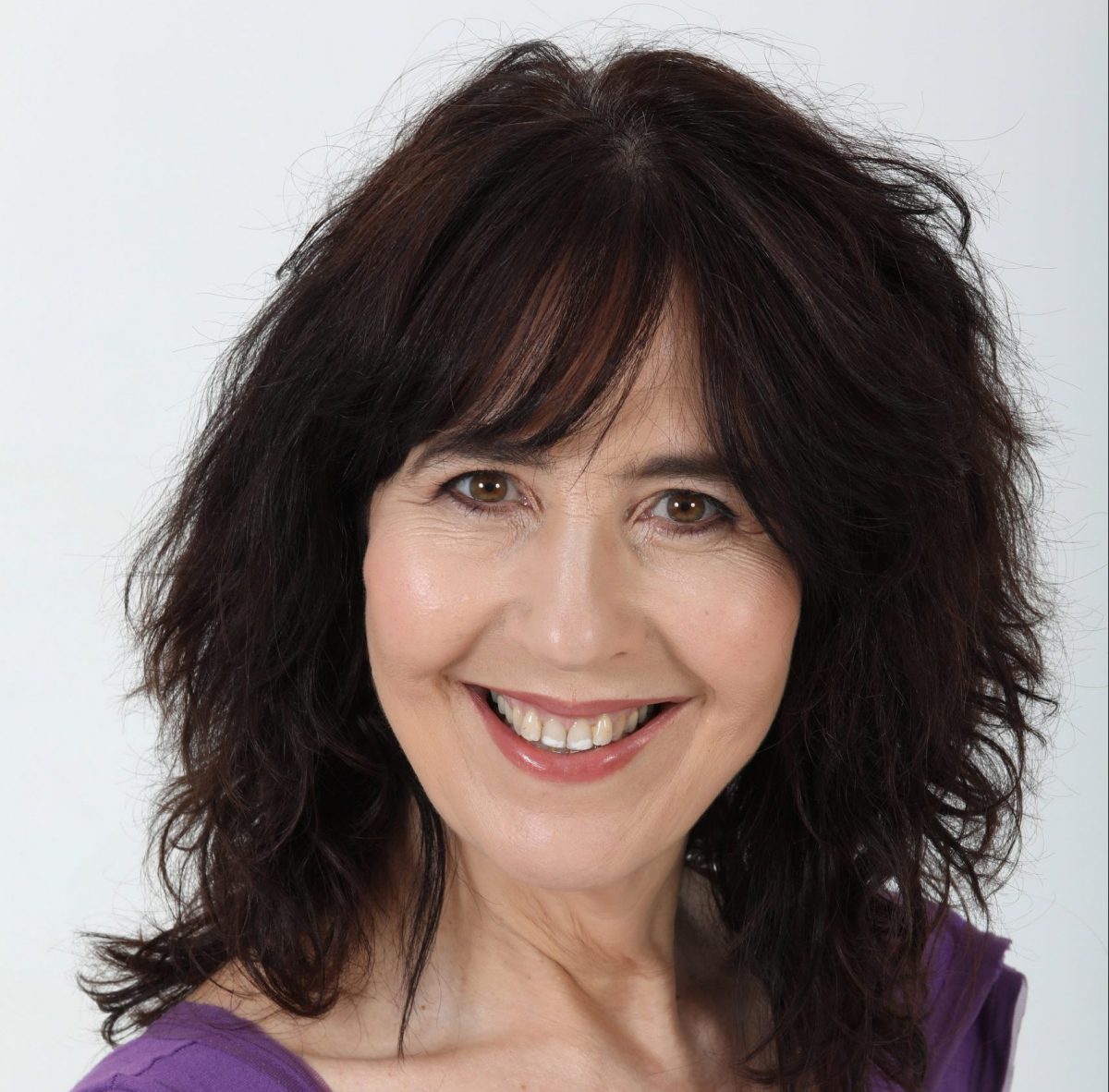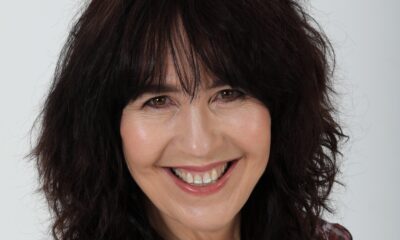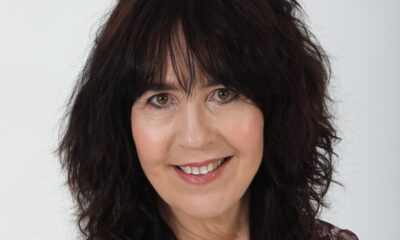
OpEds

Making medical dreams come true
If I didn’t know it was 100% true, I might have thought that Telfed’s new seven-year medical degree in English in Israel, specifically for South Africans, was too good to be true.
However, it’s too late for it to be a Purim shpiel, April Fool’s Day has come and gone, and Telfed has clearly been working hard for six years to make this happen.
I know of so many youngsters for whom this won’t just be a game-changer, but a life changer.
So many of our kids dream of being doctors or going into medicine, but it has become almost impossible for them to get into medical school these days. So, they have had to look for alternate careers, thereby giving up their dream.
Or they have gone down the path of doing a BSc with medical subjects and then, once they have that degree, they again try to get into medicine. It’s no easy path, and there are no guarantees.
And yet, if a Jewish mother isn’t dreaming of her child becoming an engineer or lawyer, she’s still set on him or her becoming a doctor.
And much as I have no doubt that my career path could only have been in journalism, I know so many natural-born doctors. I also know so many young people who have been disappointed at not getting into medicine at their chosen South African university.
Then, for those disappointed, going to study overseas was a very expensive option if you had the means and the right passport. If you didn’t, there were no other routes to studying medicine.
Now, they have a real opportunity. They can actually study their chosen degree in English at a top university, enabling them to come home and work as doctors or go anywhere in the world with their degree
What’s more, unlike in South Africa, where you have two years of community service before you can practice, this isn’t the case in Israel. And there’s absolutely no obligation to make aliya.
Okay, so what’s the catch, you may ask? Well, I certainly did.
The truth is, I can’t see any, other than the fact that once you have lived in Israel for seven years, you are pretty much part of the furniture, and coming home won’t be easy.
However, competition is so stiff in Israel for professionals that it might be worth coming home and being able to excel in your medical career. But this is obviously for each individual to decide.
There are some who may not want to spend their undergraduate degree in Ariel, which clearly has an excellent university, but that again is a choice for each individual. It certainly doesn’t seem to be a security threat, but would be a political choice.
However, if you already have a BSc, you are likely to be able to avoid going there and go straight to Ben Gurion University in the Negev, which is incredible.
It does seem sad that until now so many who have dreamt of being doctors and got top marks to ensure they got into the programme, have been turned away and have made alternative plans. But that’s life here, and it’s not about right or wrong or what is or isn’t fair. It just is, and at last we have an alternative, one which we didn’t have last week.
So, come September, I wonder how many young adults are going to be heading to Israel to study medicine.
Speaking about young people leaving home for foreign lands, I’m so sad to hear that the chief rabbi of Kyiv is calling on Jewish spiritual leaders around the world, including our own chief rabbi, to ask for help.
How devastating it is that the Jews left behind in Kyiv are mostly Holocaust survivors who have made it to a ripe old age, but are now on the verge of starvation over Pesach because of another war.
This war in Ukraine isn’t going away, but most of us have long since moved on from the worry, fear, and anguish. It takes finding bodies tied up, dismembered, executed and then burnt beyond recognition and strewn in streets to get our attention again. And even then, the shock and horror is short lived.
We have short attention spans, but we dare not ignore the plight of Ukrainians. We dare not forget about this war. We must stand up against it.
I cannot help wondering how easy it was to forget about what was happening during the Holocaust when news articles featured the war in Europe. Did life just go on as usual after hearing of Jews being murdered en masse?
Did the news that filtered out of Germany, Poland, Lithuania, and other countries fall on deaf ears? Or shock people temporarily, after which they moved on, leaving the horror to continue?
Could they have done more? Should they have done more?
I don’t know what they could have done, but we have to do whatever we can to keep those in Ukraine front of mind.
As Jews, we dare not let what happens there be ignored by the world. We need to stand up and make as much noise as possible to stop the war. We need to do what we can to help Ukrainians.
As Israeli Diaspora Affairs Minister Dr Nachman Shai said in Jerusalem this week, “The Jewish people and the State of Israel cannot be silent in the face of war crimes in Ukraine.”
He went on to say that “we”, the Jewish people and Israel, “aren’t permitted to seal off our heart and be indifferent to the tragedies of other nations”.
We have to do what we can, however we can, to help Ukrainians and stop the war.
So, if nothing else, light an extra candle on Shabbos and keep an extra place at your seder table for Ukrainians. We dare not forget about them, and this is one way to make sure that we don’t.
Shabbat Shalom!
Peta Krost
Editor








